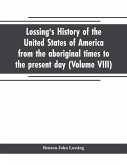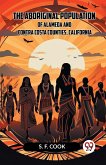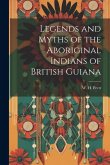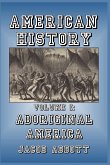"The Red Man's Continent," by Ellsworth Huntington, is a thought-provoking overview of North and South America's indigenous peoples, providing light about their civilizations, cultures, and interactions with the natural environment. The work of literature digs into the different communities and rich histories that flourished across the continents long before European contact. Ellsworth Huntington, an anthropologist and geographer, dives into the complicated tapestry of Native American cultures and their unique ties with the natural world. He gives a thorough understanding of indigenous societies' rituals, beliefs, and social systems through meticulous research and cultural sensitivity.
Hinweis: Dieser Artikel kann nur an eine deutsche Lieferadresse ausgeliefert werden.
Hinweis: Dieser Artikel kann nur an eine deutsche Lieferadresse ausgeliefert werden.








